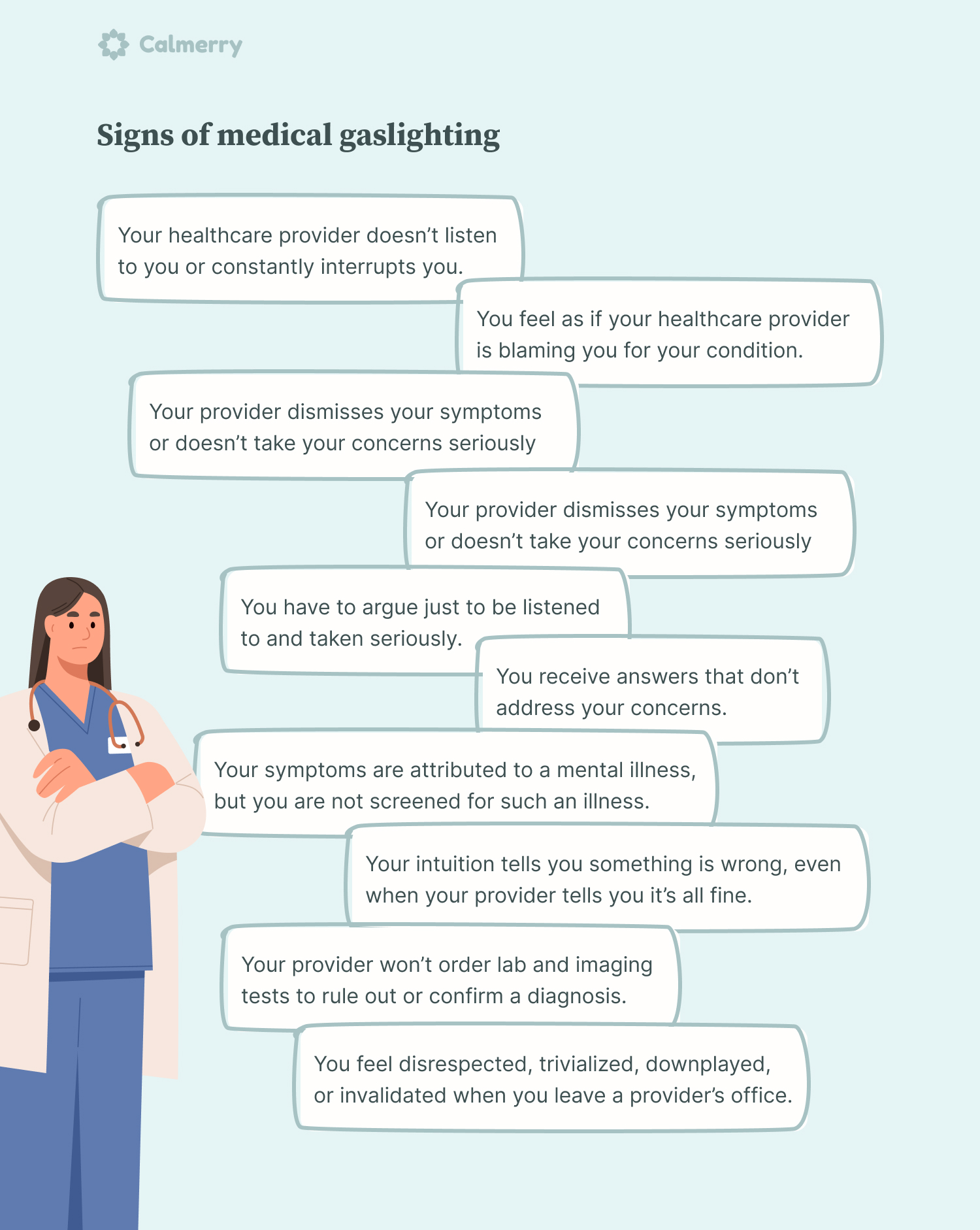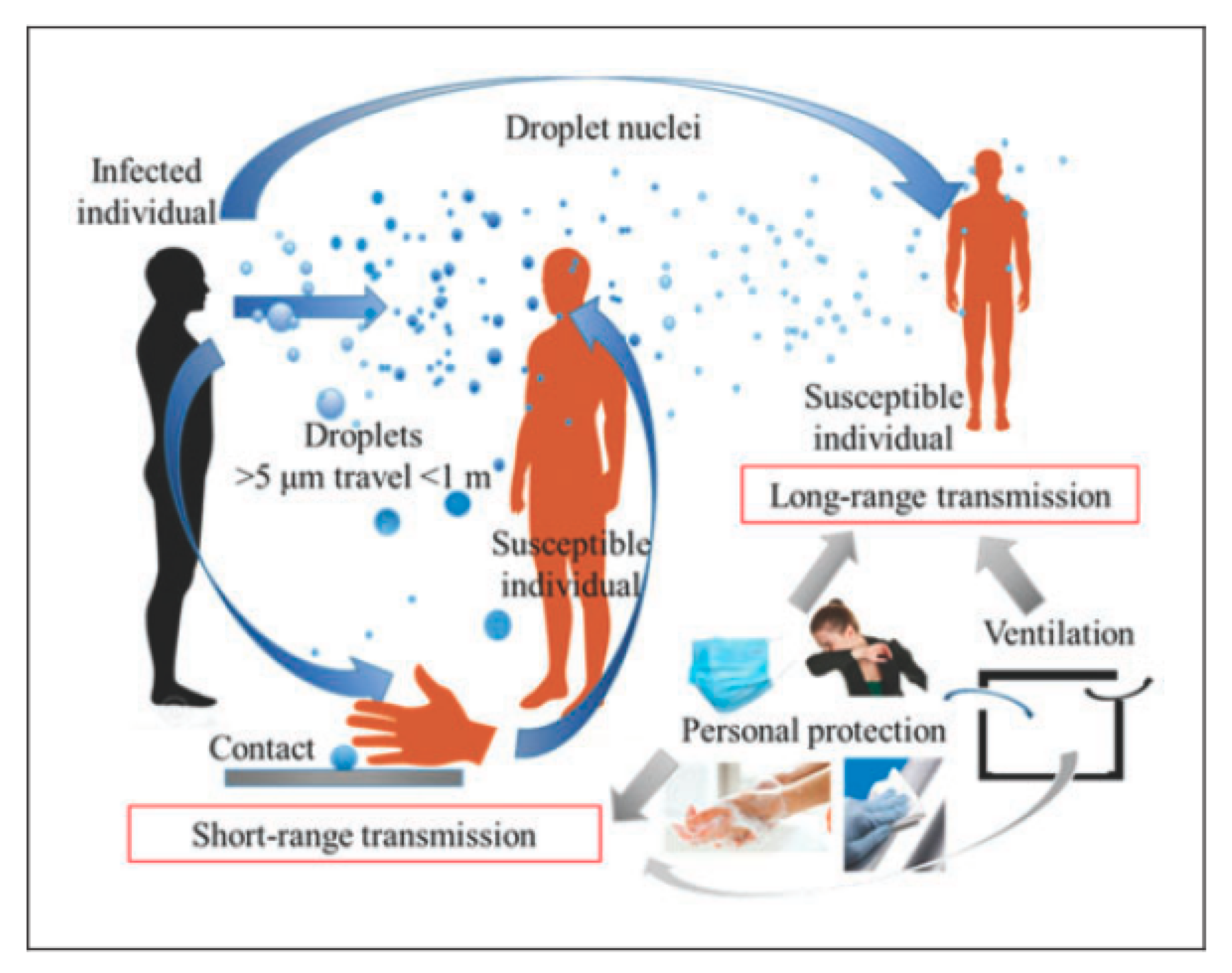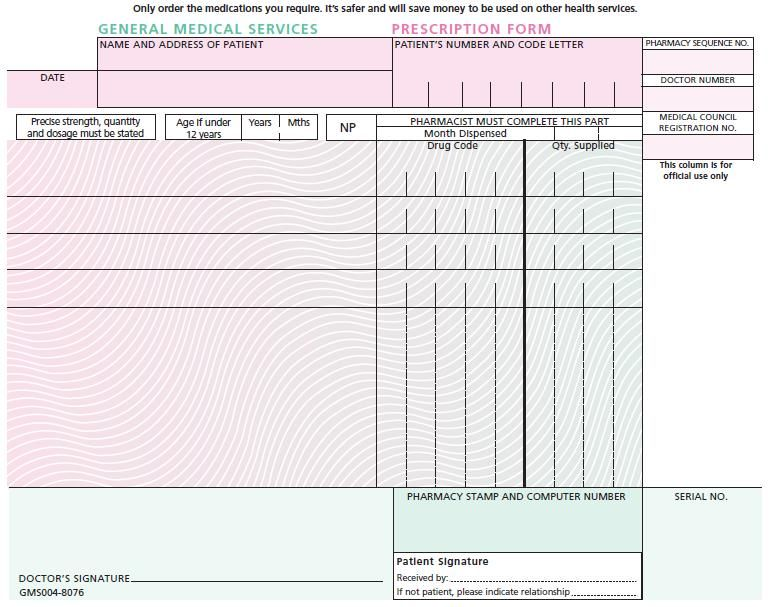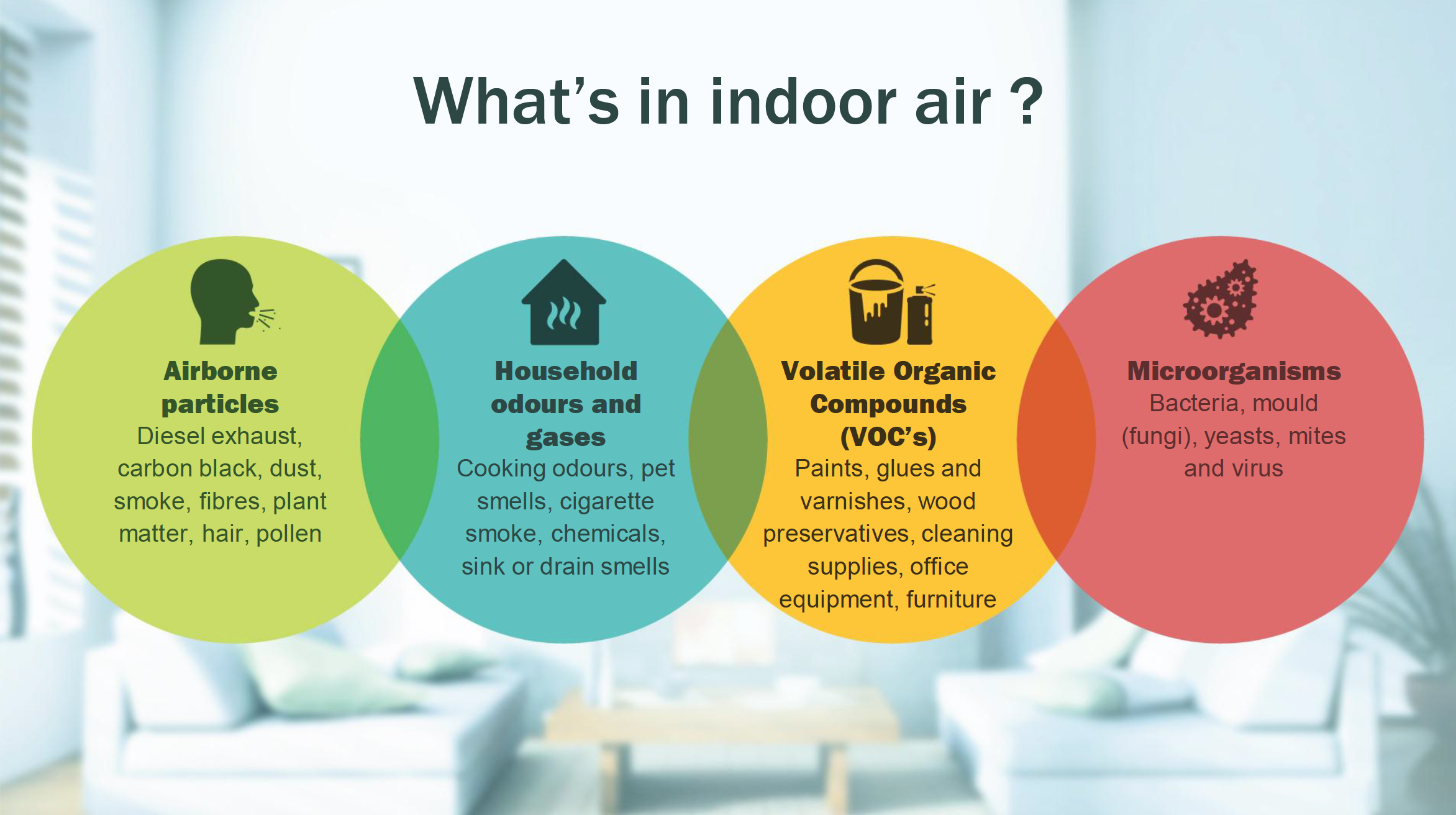Medical gaslighting is an alarming trend that leaves many patients feeling disbelieved and dismissed by healthcare professionals. This phenomenon often occurs when doctors, unable to diagnose elusive conditions such as long COVID or irritable bowel syndrome, imply that the issues may be purely psychological. As healthcare pressures mount and physician burnout reaches unprecedented levels, medical invalidation becomes more prevalent, straining the doctor-patient relationship. With patients feeling unheard, it’s crucial to address how these dynamics can lead to deeper health-related mistrust, further complicating their journey to wellness. Understanding medical gaslighting not only sheds light on the problem but also emphasizes the need for empathy and communication in healthcare.
Often referred to as medical invalidation, the issue of patients feeling dismissed or misunderstood by their healthcare providers has gained traction in recent discussions about the healthcare system. This subtle form of gaslighting can occur when physicians, overwhelmed by their caseloads and the administrative burdens that accompany them, miss the opportunity to validate their patients’ experiences. Such invalidation, compounded by physician burnout, can disrupt trust within the doctor-patient dynamic, leading to a feeling of isolation among patients. Terms like emotional neglect in healthcare might also be explored to describe how patients with unexplainable symptoms can feel invisible within medical settings. As the conversation continues, recognizing these alternative terms can help pave the way for improved understanding and communication in medical practice.
Understanding Medical Gaslighting: A Compassionate Perspective
Medical gaslighting has become a widespread concern among patients and healthcare providers alike. This phenomenon occurs when patients feel dismissed or invalidated by medical professionals, often during encounters where their symptoms cannot be physically measured or verified. However, the term ‘gaslighting’ can sometimes misrepresent the situation, lacking consideration of the intentions behind the medical professional’s actions. Instead of implying deceit, it may be more accurate to characterize such encounters as instances of medical invalidation, where the doctor might not have malicious intent but fails to acknowledge the patient’s experience. This redefinition encourages a more empathetic understanding of the challenges healthcare professionals face, particularly amid increased patient loads and systemic pressures.
When patients experience medical gaslighting, they often leave appointments feeling worse, battling feelings of doubt, frustration, and isolation. The struggle is particularly pronounced in conditions like long COVID or irritable bowel syndrome, which can evade clear diagnosis and treatment pathways. By recognizing the complexities of these encounters, we open the door for a productive doctor-patient relationship built on mutual respect and understanding. Compassionate communication and acknowledgment of patient experiences can substantially mitigate feelings of invalidation, creating a healthier space for patient healing.
Frequently Asked Questions
What is medical gaslighting and how does it relate to medical invalidation?
Medical gaslighting refers to situations where a healthcare provider dismisses or invalidates a patient’s concerns, often leading the patient to doubt their own experiences. Medical invalidation is a broader term that encompasses instances where a patient’s symptoms are not taken seriously or are labeled as psychological without proper examination. This phenomenon can diminish trust in the doctor-patient relationship and exacerbate the challenges faced by patients, particularly those with difficult-to-diagnose conditions.
How can healthcare pressures contribute to medical gaslighting?
Healthcare pressures, such as high patient loads and the demand for quick consultations, can lead to medical gaslighting. When doctors are overburdened, they may inadvertently dismiss patient concerns due to time constraints, leading to feelings of invalidation for patients. The constant pressure can hinder a physician’s ability to engage deeply with their patients, resulting in missed opportunities for empathetic communication and connection.
What role does physician burnout play in medical gaslighting instances?
Physician burnout significantly impacts the doctor-patient relationship and can lead to medical gaslighting. Burned-out doctors may feel overwhelmed and unable to offer the emotional support and attention patients need, which can result in unintentional dismissiveness. As they struggle with their mental and physical wellbeing, they may lack the empathy required to validate patient concerns, inadvertently perpetuating an invalidating experience.
How does long COVID relate to the issue of medical gaslighting?
Patients with long COVID often experience symptoms that are difficult to quantify or diagnose, leading to potential medical gaslighting. When healthcare providers cannot find a clear medical reason for these patients’ distress, they might unintentionally suggest that the issues are psychological or not valid, thus contributing to medical invalidation. This can lead to increased frustration and helplessness among patients who are already navigating a complex health challenge.
What steps can be taken to improve the doctor-patient relationship and reduce medical gaslighting?
To reduce medical gaslighting, healthcare systems must prioritize open communication and provide physicians with adequate time for each patient. Training in empathy and active listening should be emphasized during medical education. Additionally, fostering a supportive environment that addresses physician burnout and healthcare pressures can enhance the quality of interactions, ensuring patients feel heard and validated throughout their care journey.
Why is it important to differentiate between medical gaslighting and medical invalidation?
Differentiating between medical gaslighting and medical invalidation allows for a more compassionate understanding of the dynamics in the healthcare system. While gaslighting implies intent to deceive, medical invalidation recognizes that many healthcare professionals genuinely care but may be constrained by systemic pressures. Understanding this difference opens avenues for addressing the root causes of patient dissatisfaction and enhancing the overall quality of care.
What can patients do if they feel they are experiencing medical gaslighting?
Patients feeling they are experiencing medical gaslighting should consider documenting their symptoms and concerns clearly and assertively discussing these with their healthcare provider. Seeking a second opinion can be beneficial, as is finding a supportive doctor who listens and validates their experiences. Advocating for oneself is crucial in the healthcare system to ensure that concerns are taken seriously.
| Key Points |
|---|
| Definition of Medical Gaslighting: A phenomenon where patients feel dismissed or invalidated by medical professionals, impacting their well-being. |
| Misuse of the Term: The term ‘gaslighting’ can misrepresent situations where doctors lack intent to deceive, suggesting a more appropriate term might be ‘medical invalidation.’ |
| Contributing Factors: Increasing pressures on healthcare providers due to high caseloads and administrative burdens might worsen patient-provider interactions. |
| Impact on Patients: Patients with hard-to-detect conditions may feel unheard, leading to frustration, confusion, and distrust in medical professionals. |
| Role of Compassion: Acknowledging the systemic issues and fostering compassion between patients and providers can help repair relationships and improve outcomes. |
Summary
Medical gaslighting is a significant issue within the healthcare system that affects many patients, especially those with complex or undiagnosed conditions. By understanding the intent behind medical interactions and acknowledging the systemic pressures on healthcare providers, we can begin to address the pain associated with medical invalidation. It is essential for both patients and providers to foster open communication and compassion in order to improve trust and treatment outcomes.



